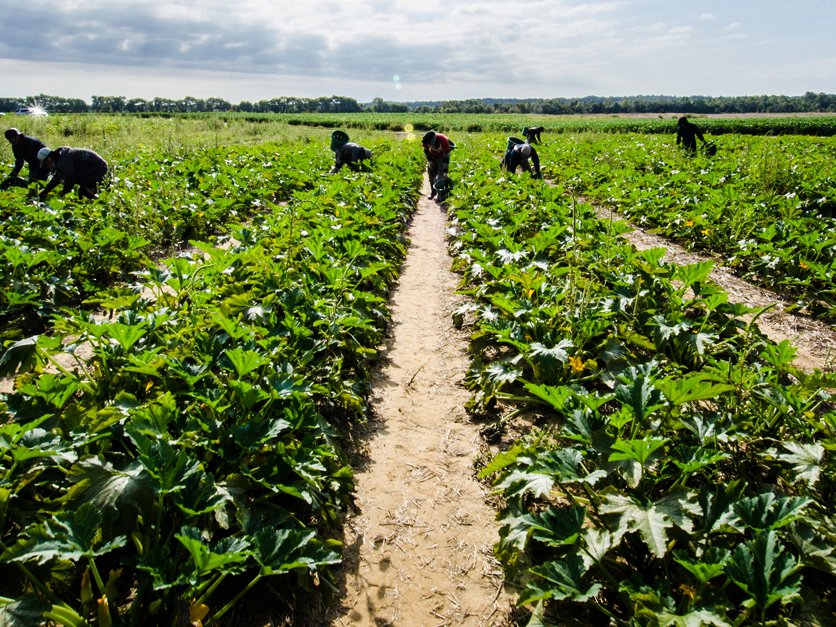Farmers and ranchers are committed to doing the work in the fields, orchards, and barns every day to ensure Americans have access to healthy, affordable food. During these trying times especially, an abundant food supply allows families to focus on the safety and well-being of their loved ones.
A key part of growing and supplying America’s food is human labor. Farmers and ranchers rely on access to foreign labor sources to help plant, grow, and harvest crops and livestock across the country.
In response to COVID-19, the State Department has suspended temporary worker H2A visa processing in Mexico and other countries. This threatens farmers’ access to the workforce they critically need to ensure uninterrupted food production. In consultation with agriculture secretary Sonny Perdue, the State Department has expanded the limitation on visa processing to allow previous visa recipients to continue through the process. While this provision is welcome, it still creates significant uncertainty about the ability of farmers to access a critical workforce.
“While we welcome the news that the State Department will process visas from previous H2A workers, we are still concerned about having enough workers to bring in a crop in 2020,” said Don Shawcroft, president of Colorado Farm Bureau. “We don’t know how many workers might be allowed under this new policy and we call on the State Department to work to provide expanded visa processing in the days to come.”
The majority of H2A visas are given to workers in Mexico who come to the U.S. to help grow and harvest vegetable and fruit crops, care for livestock and perform other critical agricultural work in states across the country. Additionally, workers from South Africa often come to the U.S. to operate harvest equipment in the Grain Belt, and many from Peru travel to work as herdsmen on sheep ranches across the Mountain West.
A coalition of ag groups called the Ag Workforce Coalition which includes Farm Bureau, has sent a letter to Secretary Pompeo asking for his assistance in expanding the curtailed visa processing in order to stave off significant disruption in food production in 2020. Additionally, Senator Thom Tillis (R-NC), Representative Richard Hudson (NC-8) and Representative Panetta (CA-20) have written similar letters to the Department of Homeland Security, Department of Labor, and Department of State.
“We hope to have a resolution to the situation soon,” said Shawcroft.




